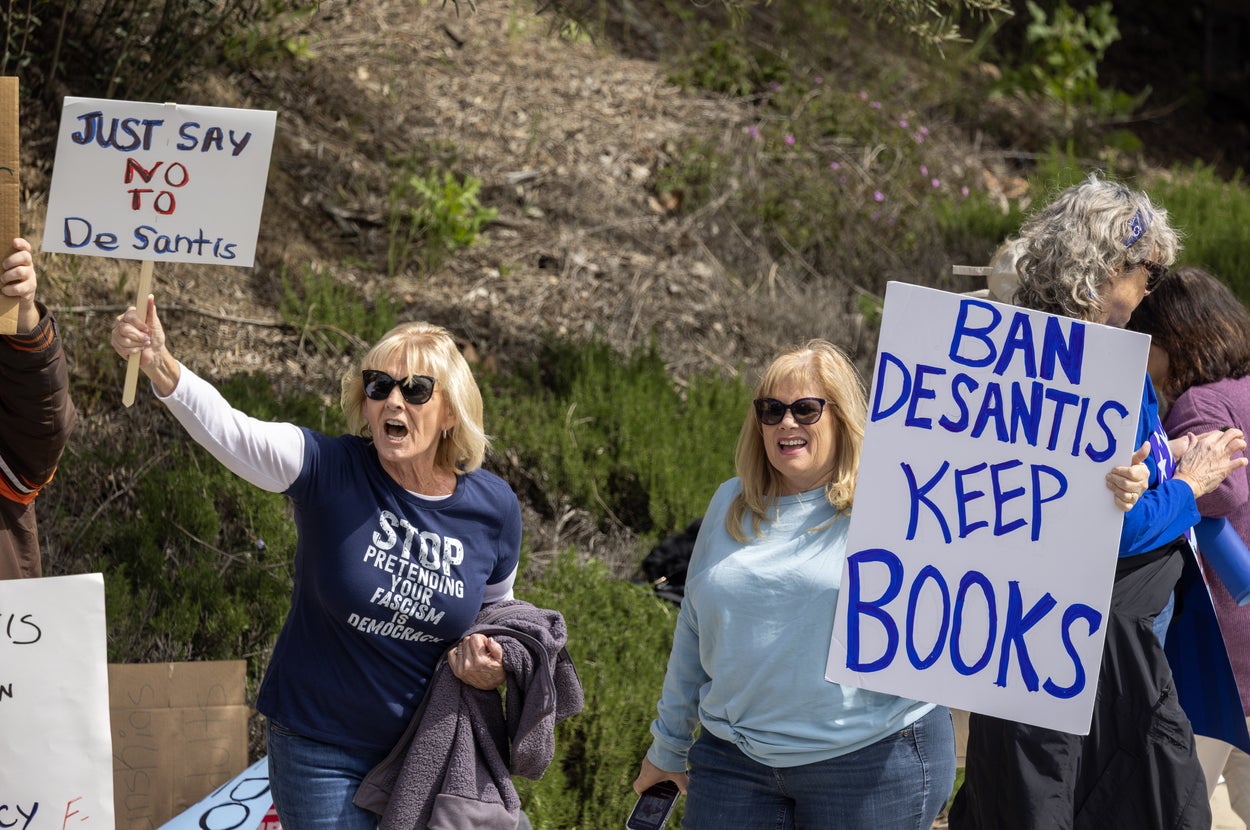The recent legislative developments in Florida under Governor Ron DeSantis are sparking widespread concern among critics who argue that these efforts could significantly restrict freedom of speech and impose heavy burdens on media outlets and public critics of government officials and other powerful figures.
One of the most contentious servings of this legislative push is House Bill 991, designed to revamp the existing defamation laws in the state. The bill, championed by certain government officials including Representative Andrade, has stirred a hornet’s nest of opposition from free speech advocates, media personalities, and legal experts who argue it would primarily protect the politically powerful at the expense of the general public and the free press.
The bill proposes several drastic changes to the way defamation cases are handled. One of the most alarming aspects for many is the provision requiring defendants who lose defamation lawsuits to cover not only the damages awarded but also the plaintiff’s “reasonable costs and attorney fees.” This is perceived as a potentially ruinous requirement for individual defendants and smaller media organizations which could dissuade them from engaging in investigative journalism or even expressing opinions for fear of legal repercussions.
Moreover, the bill could potentially weaken anti-SLAPP (Strategic Lawsuit Against Public Participation) laws. These laws are designed to prevent powerful individuals or entities from using legal pressure – often in the form of frivolous or punitive lawsuits – to silence critics. House Bill 991 makes it possible for plaintiffs, including government figures or corporate entities, to recoup their attorney’s fees from the defendants if their lawsuit overcomes the initial legal challenges posed by anti-SLAPP statutes. Critics like Gross argue that this could encourage more frivolous defamation claims since it reduces the financial risk for the plaintiffs who could potentially have their legal fees covered if their case holds in the early stages of litigation.
This legislative shift, according to Andrade, is aimed at democratizing the ability to pursue defamation claims by making it economically feasible for less wealthy individuals. He invokes the example of Nicholas Sandmann, a high school student who became embroiled in a national media storm after an encounter with a Native American protester in Washington, D.C. Sandmann’s subsequent defamation lawsuits against major media outlets were highlighted as instances where individuals took on large corporations, though not all attempts were successful.
However, skeptics like Petersen from the FCGA (Freedom and Civil Governance Association) argue that the bill does not actually serve the interests of the less powerful. Instead, they suggest it gives additional legal ammunition to already-powerful public figures, making it easier and less risky for them to suppress critical or unfavorable media coverage through the threat of financial penalties.
Critics also highlight the broader implications of the bill which could extend beyond traditional media to affect anyone who makes public utterances online, including “citizen Facebookers” and users of other social platforms. The bill’s broad definition of defamation could apply to virtually any public communication, thus imposing a chilling effect on ordinary citizens engaging in everyday online activities.
This legislative pattern is not only seen in isolation but is part of a broader trend in Florida where recent laws and executive actions have sought to clamp down on various forms of free expression, ranging from educational content restrictions to public protest rules. With Governor DeSantis’ mooted presidential ambitions, there is concern that these policies could be replicated on a national scale, representing a fundamental shift in the balance between protecting reputations and preserving free speech.
Observers note that while some supporters of the current administration might view these moves as a welcome fightback against a supposedly biased mainstream media, the ramifications could also negatively impact conservative voices. For instance, major conservative outlets like Fox News are currently defendants in high-profile defamation lawsuits.
In conclusion, the debate over House Bill 991 is not just about legal technicalities but touches upon fundamental issues regarding free expression, the role of the media, and the balance of power between individuals, the media, and government officials. As this bill moves through the legislative process, its outcomes will be closely watched by both supporters and critics, each wary of the lasting impact it might have on the public discourse and democratic governance in Florida and potentially beyond.









